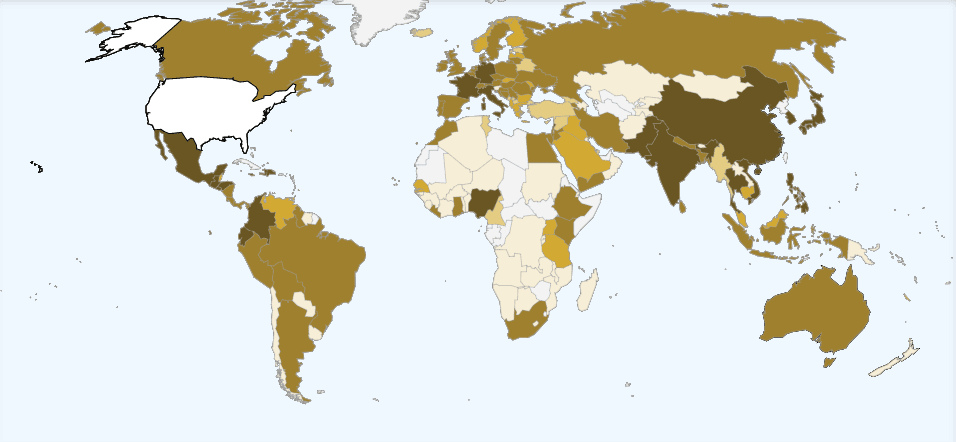WASHINGTON—Migrants in the United States sent more than $28 billion dollars back to Mexico in 2016, according to a report by the Pew Research Center, using data from the World Bank.
Mexico receives the most remittances from the United States, with China coming in second at almost $15.5 billion, and India and the Philippines at about $10.5 billion apiece.





